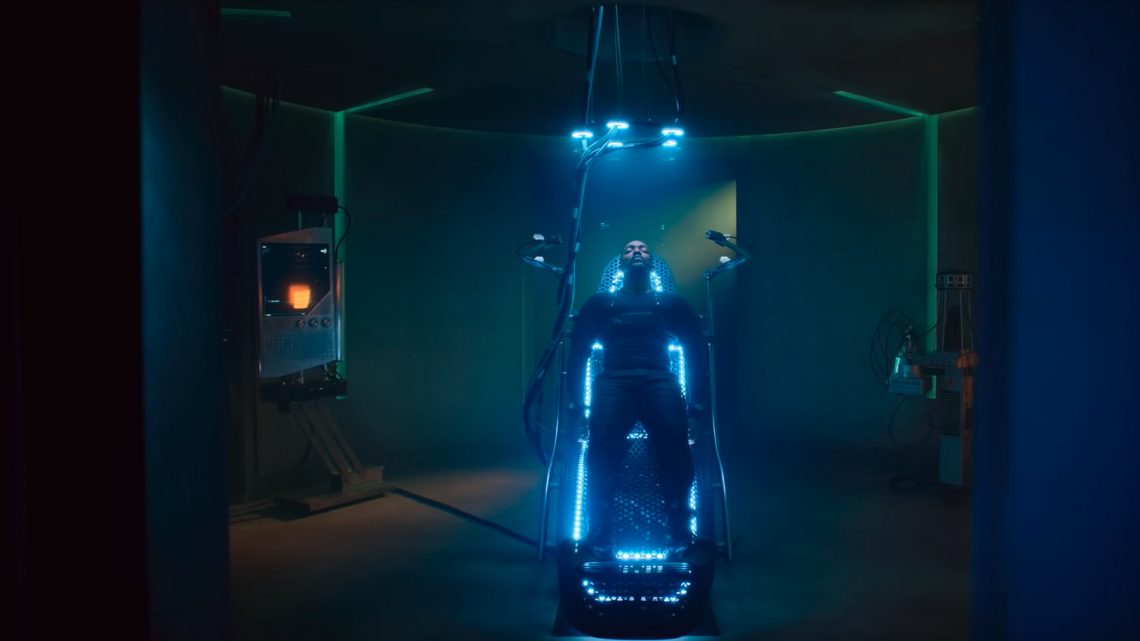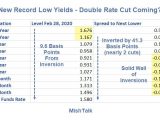
Netflix Gutted the Radical Politics of ‘Altered Carbon’
February 28, 2020I want to like Altered Carbon, Netflix’s cyberpunk epic which just premiered its second season. But I can’t. Every moment watching the show is torture for me. Anthony Mackie’s performance as Takeshi Kovacs—the so-called “last Envoy” and hero of the show—is good. The AI hotel Poe is a welcome change from the books. The fight scenes are well choreographed, the production values high, and the street life of Harlan’s World is spectacularly high tech and low-life. If you want to get lost in a cool and expensive-looking cyberpunk yarn, Altered Carbon is the best show in town—only if you haven't read the books.
Yes, I know. "The book was better than the movie/show" is something we could say about almost any adaptation, but I truly can’t enjoy Altered Carbon because I read the books they’re based on and it feels like Netflix gutted the story of everything that made it interesting. The three Takeshi Kovacs novels are weird books about eldritch alien horrors and revolutionary politics in a world where no one dies. Altered Carbon took that raw material and stripped out anything complicated. The books are stories about power and revolutionary politics. The show is an action adventure love story with some light class critique.
Adaptation is hard. Television is a different medium than books and things are going to change, I understand that. Game of Thrones did a mostly great job of adapting George RR Martin’s books. I think the Lord of the Rings films are better than the novels. So too with The Princess Bride. Sometimes adaptations make large changes from the source material for the better. The novel Jaws is based on has an entire subplot about the local Mafia that landed on the cutting room floor for the film.
But Netflix’s Altered Carbon feels like it butchered its source material. This started in the first season with Takesh Kovacs, the main character. In the show, Kovacs is the “last Envoy,” the lone remaining member of a revolutionary group that wants to overthrow the ruling elites and eliminate the technology that keeps everyone alive forever. In the novels, Kovacs is still an Envoy, but Envoy's are the Special Operations Forces of the U.N. Protectorate—the Earth based government that keeps order in the galaxy. He leaves the service after witnessing a genocide he blames on the U.N. He saw his fellow soldiers die horrifically and he blamed leadership, but not necessarily the power structure. Kovacs is cynical, he’s not a revolutionary.
In the novels, Kovacs never met Quellcrist Falconer. She’s a historical figure he admires, akin to Mao Zedong—a political theorist who led a revolutionary movement. She’s a model to be emulated, the foundation for the revolutionary politics of Kovacs’ world, not his love interest. In the books, he’s in love with the idea of her. In the show, he’s quite literally in love with her and that drives the plot of the first and second season. That change forces the show to pursue Kovacs as a personal but not political figure. Kovacs seeks her out because he’s in love, not necessarily because he believes in her crusade against the entrenched power structure.
The politics of the Envoys in the show are reactionary and anti-technology. Falconer invented the cortical stacks that allow humans to live forever. She regrets her decision and wants to destroy the technology and allow people to die. She feels that she’s only enabled a system that allows the rich to accumulate power as they deepen their immortality.
The problem is that that system already exists. It exists in our world and the idea that removing a technology that enables immortality would change that is naive. Immortality is a banal given in the novels, it’s a hard fact. It is the accumulation of wealth and power that makes the rich immortals into monsters, not the technology itself.
In the novels, the Meths—rich, powerful, and long-lived humans—are barely seen. They’re as alien to normal people as the birdlike Martians. There is a sense that they’re gods, so powerful and old that they can’t be fought let alone seen. In the show they’re an indulgent ruling class driving the plot forward at every turn. They’re decadent, immortal, amoral, and boring.
The books ask the question: how do you fight these gods and build something better? “Every previous revolutionary movement in human history had made the same basic mistake,” Falconer says in Woken Furies, the third novel. “They’ve all seen power as a static apparatus, as a structure. It’s not. It’s a dynamic, a flow system with two possible tendencies. Power either accumulates or it diffuses through the system...a genuine revolution has to reverse the flow. And no one ever does that, because they’re all too scared of losing their conning tower moment in the historical process.”
There’s lots of these conversations in the novel—moments where a cynical soldier who once upheld the power structure struggles to understand how anything could ever be different. In the books, Falconer’s answers are complicated. She’s there to build something better, not just destroy everything.
In the show, Falconer is mostly good at stabbing people in the throat. It looks cool, but it feels hollow.

